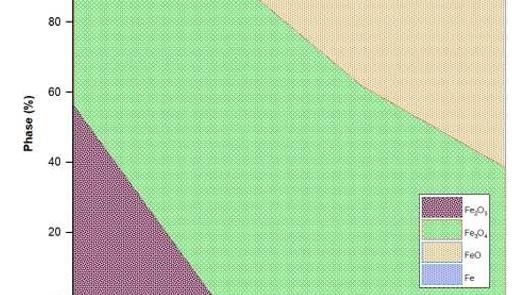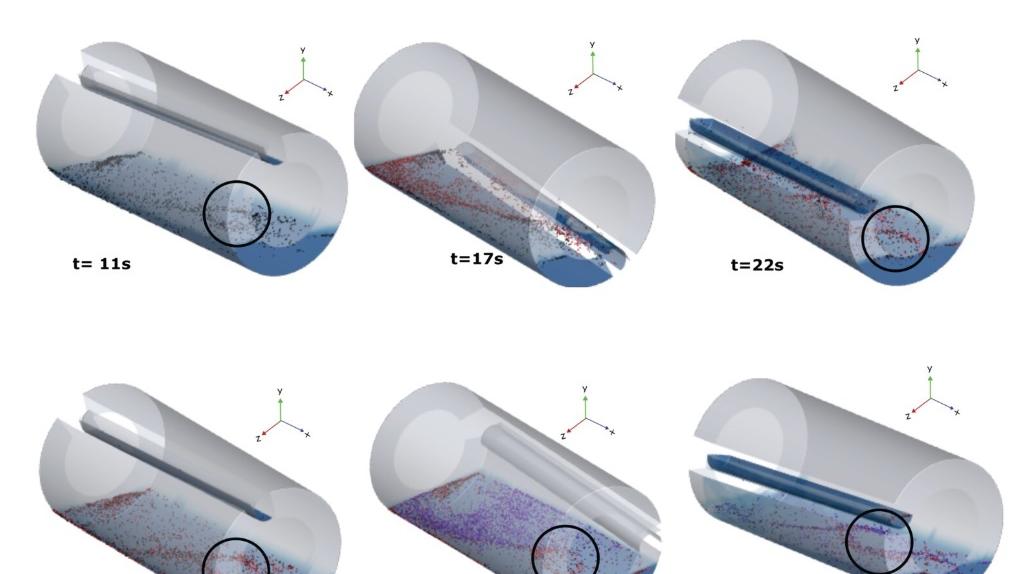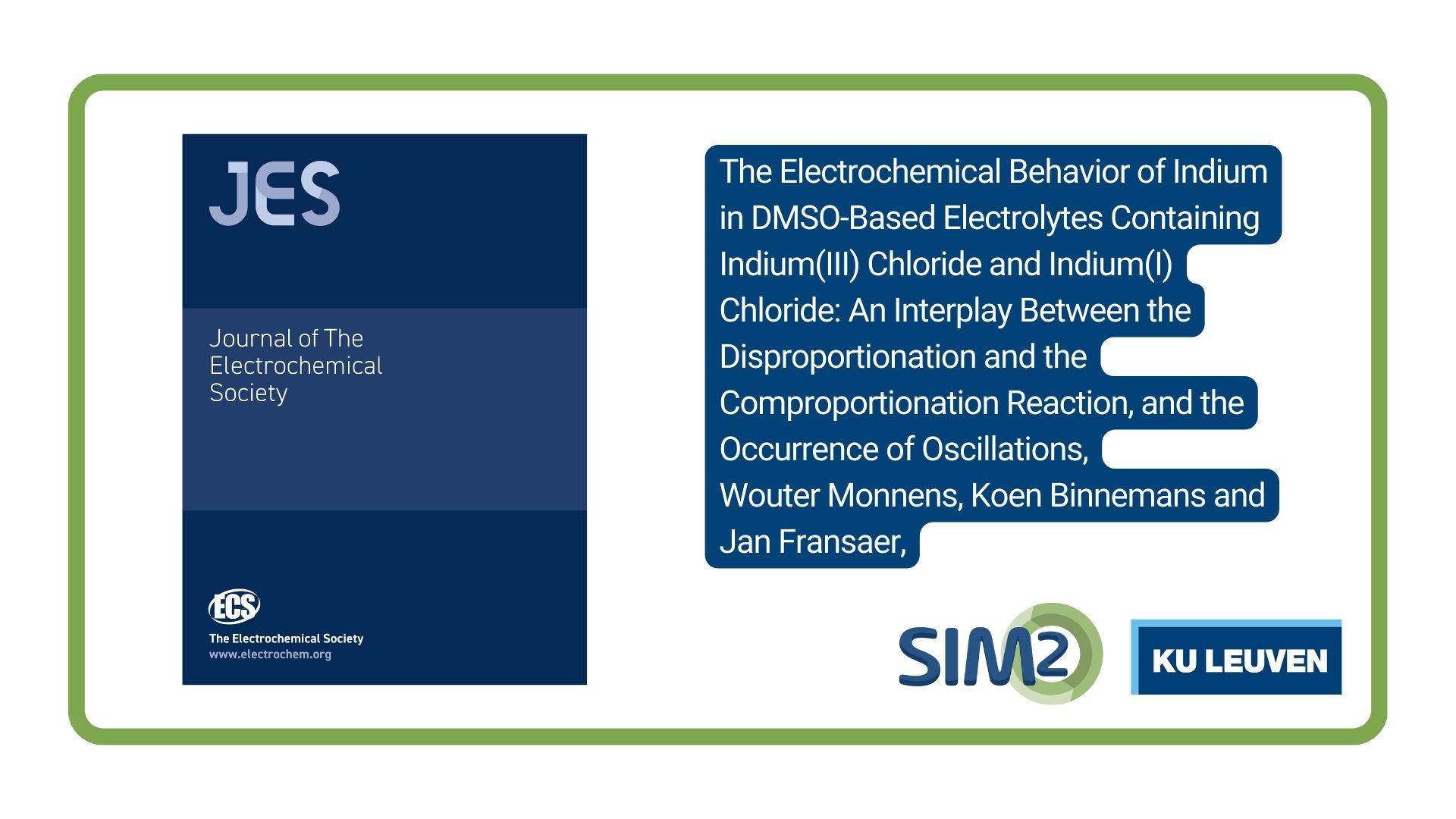C2W, the Dutch Journal for Chemistry and Life Sciences, has published a feature article on the EU List of Critical Raw Materials (Nr. 1, 2018, 18-21). SIM² KU Leuven provided its view on this crucial issue for Europe.
 The Journalist Marga Van Zundert interviewed a number of stakeholders with respect to their view on the new Critical Raw Materials list of the European Commission, which was launched in 2017 and provides an update of previous lists published in 2010 and 2014. SIM² KU Leuven coordinator, Peter Tom Jones, along with colleagues from TNO and the University of Leiden, provide their view on the used methodology and the current version of the list of CRMs. CRMs are defined as those materials which have a high economic importance and simulteously suffer from a high supply risk, due to production monopolies and/or political instabilities. You can download the full article (which is written in Dutch) here: C2W_GrondstofschaarsteEU_2018.
The Journalist Marga Van Zundert interviewed a number of stakeholders with respect to their view on the new Critical Raw Materials list of the European Commission, which was launched in 2017 and provides an update of previous lists published in 2010 and 2014. SIM² KU Leuven coordinator, Peter Tom Jones, along with colleagues from TNO and the University of Leiden, provide their view on the used methodology and the current version of the list of CRMs. CRMs are defined as those materials which have a high economic importance and simulteously suffer from a high supply risk, due to production monopolies and/or political instabilities. You can download the full article (which is written in Dutch) here: C2W_GrondstofschaarsteEU_2018.
More info about the C2W Journal can be found here: https://www.c2w.nl/
*
Artefact Symposium: 21 FEB 2018
For readers who are interested in this discussion about CRMs. This matter will also take centre stage during the Artefact Symposium on the Social License to Operate for the mining (and recycling) of critical metals. Register for this Symposium (free of charge) here. The rationale for this Symposium is the paradox between the importance of critical metals for the transition to a low-carbon, cleantech-based economy on the one hand and the not-always-so-positive image of the primary mining industry on the other hand. Clean energy and clean mobility for instance require vast amounts of rare earths (neodymium, dysprosium etc.) for the permanent magnets that are needed in wind turbines or electric motors for Hybrid and Electric Vehicles (HEVs). Likewise, energy storage systems and HEVs need even increasing amounts of lithium and cobalt for the Li-ion NMC batteries. Emission control systems require Platinum Group Metals such as platinum, palladium and rhodium. Unfortunately, the mining of these metals does not always happen in the best environmental and/or human rights circumstances. Mining conflicts in China, Congo or Latin-America are widespread. In Europe, where concentrations of critical metals are less outspoken than in other parts of the world, primary mining is often blocked by local activist groups, who don’t want to see industrial mining activities to take place in “their backyard”. Although there can be good reasons for this rejection, this often may also imply that the environmental burden is shifted to other parts in the world, as clean technologies and also hi-tech electronics (e.g. smart phones, laptops etc.) are critically dependent on the mining of these types of critical metals. Some argue that the West behaves hypocritically: European citizens want to enjoy the luxury of hi-tech electronics (e.g. smart phones and electronics) and a multitude of cleantech products (electric bikes and cars, solar panels, clean energy) but don’t want to share in the burden of the primary production of these metals.





